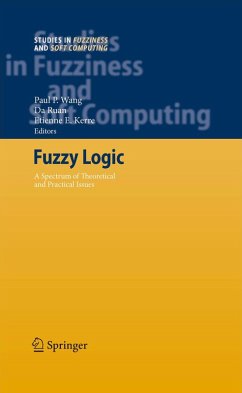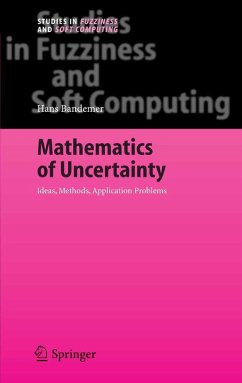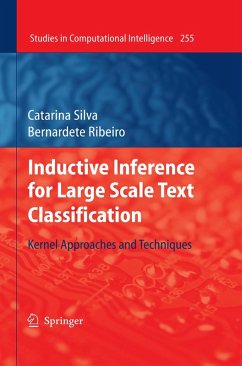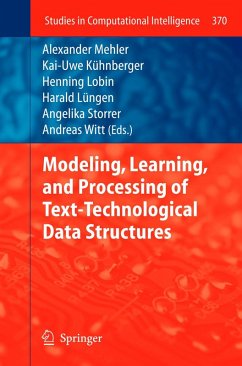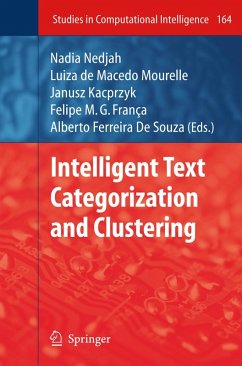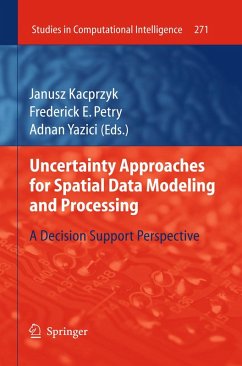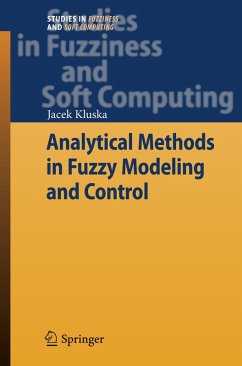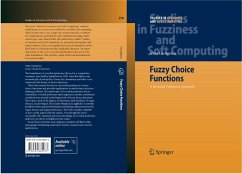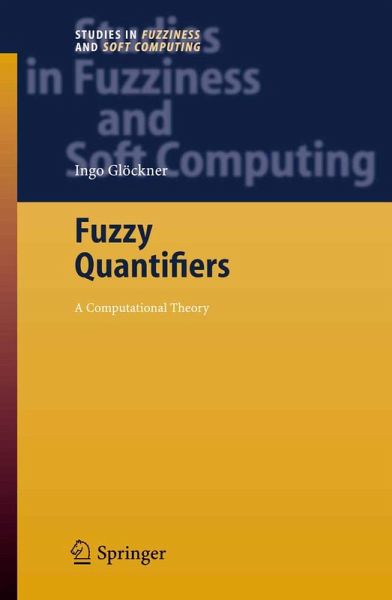
Fuzzy Quantifiers (eBook, PDF)
A Computational Theory
Versandkostenfrei!
Sofort per Download lieferbar
112,95 €
inkl. MwSt.
Weitere Ausgaben:

PAYBACK Punkte
56 °P sammeln!
From a linguistic perspective, it is quanti?cation which makes all the di?- ence between "having no dollars" and "having a lot of dollars". And it is the meaning of the quanti?er "most" which eventually decides if "Most Ame- cans voted Kerry" or "Most Americans voted Bush" (as it stands). Natural language(NL)quanti?erslike"all","almostall","many"etc. serveanimp- tant purpose because they permit us to speak about properties of collections, as opposed to describing speci?c individuals only; in technical terms, qu- ti?ers are a 'second-order' construct. Thus the quantifying statement "Most Americ...
From a linguistic perspective, it is quanti?cation which makes all the di?- ence between "having no dollars" and "having a lot of dollars". And it is the meaning of the quanti?er "most" which eventually decides if "Most Ame- cans voted Kerry" or "Most Americans voted Bush" (as it stands). Natural language(NL)quanti?erslike"all","almostall","many"etc. serveanimp- tant purpose because they permit us to speak about properties of collections, as opposed to describing speci?c individuals only; in technical terms, qu- ti?ers are a 'second-order' construct. Thus the quantifying statement "Most Americans voted Bush" asserts that the set of voters of George W. Bush c- prisesthemajorityofAmericans,while"Bushsneezes"onlytellsussomething about a speci?c individual. By describing collections rather than individuals, quanti?ers extend the expressive power of natural languages far beyond that of propositional logic and make them a universal communication medium. Hence language heavily depends on quantifying constructions. These often involve fuzzy concepts like "tall", and they frequently refer to fuzzy quantities in agreement like "about ten", "almost all", "many" etc. In order to exploit this expressive power and make fuzzy quanti?cation available to technical applications, a number of proposals have been made how to model fuzzy quanti?ers in the framework of fuzzy set theory. These approaches usually reduce fuzzy quanti?cation to a comparison of scalar or fuzzy cardinalities [197, 132].
Dieser Download kann aus rechtlichen Gründen nur mit Rechnungsadresse in A, B, BG, CY, CZ, D, DK, EW, E, FIN, F, GR, HR, H, IRL, I, LT, L, LR, M, NL, PL, P, R, S, SLO, SK ausgeliefert werden.



